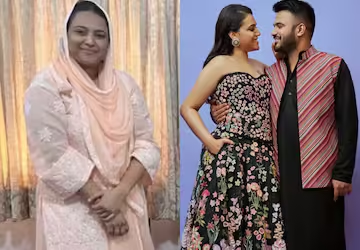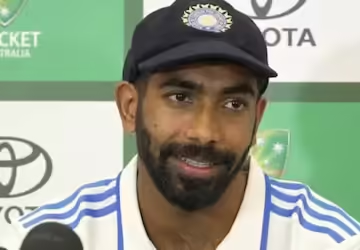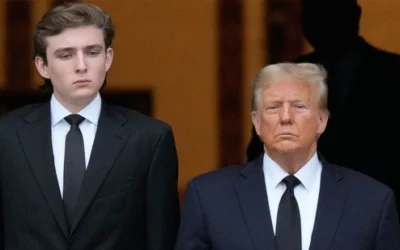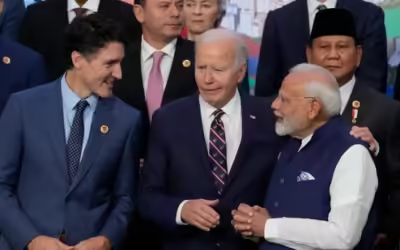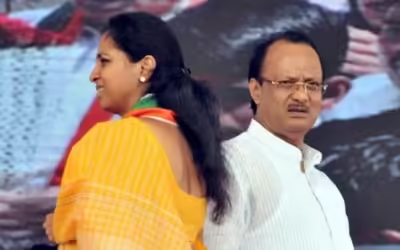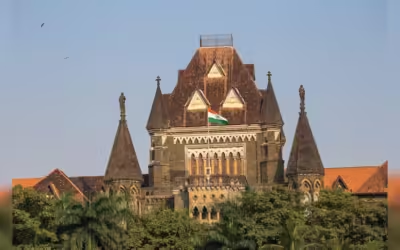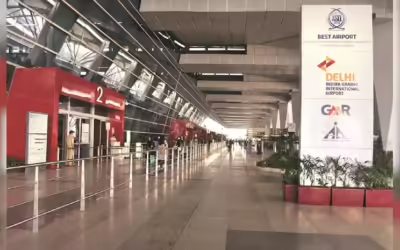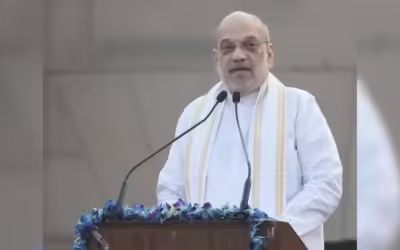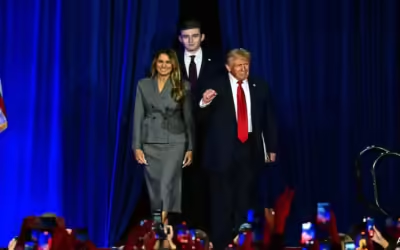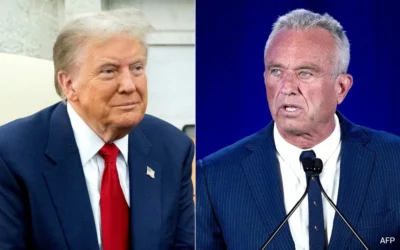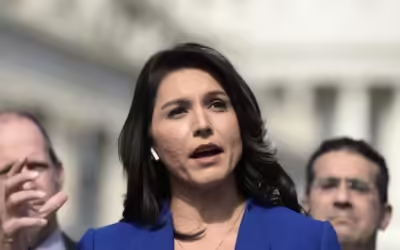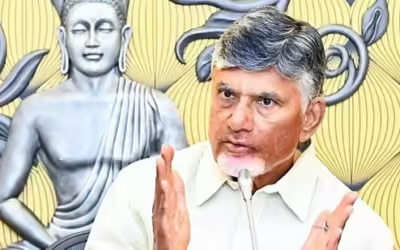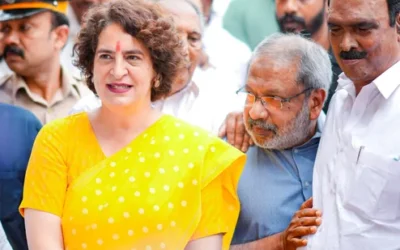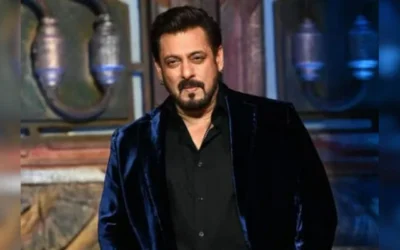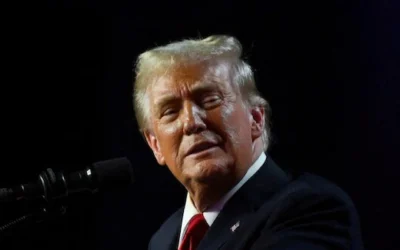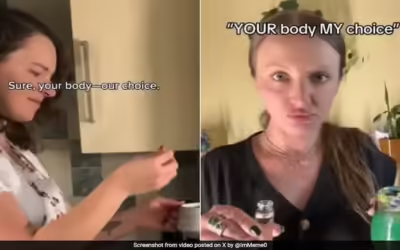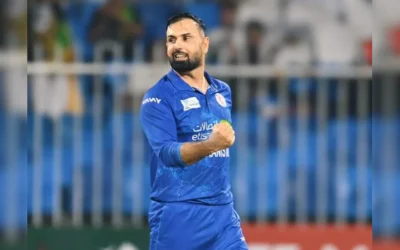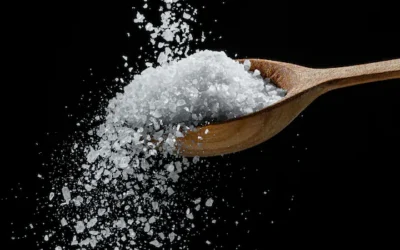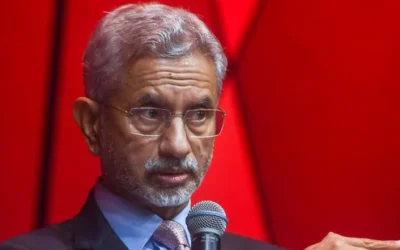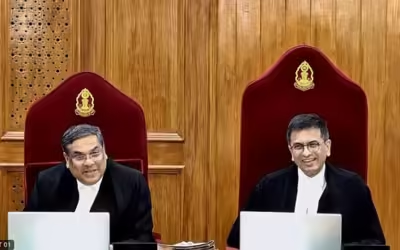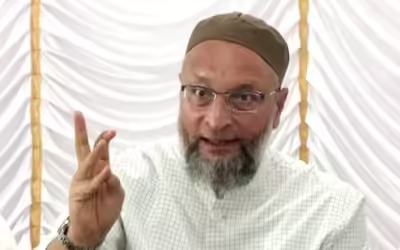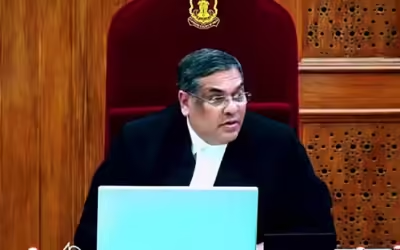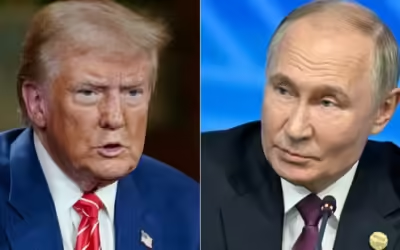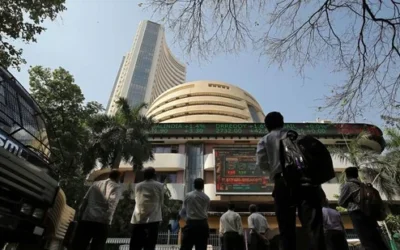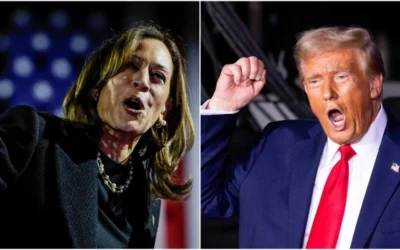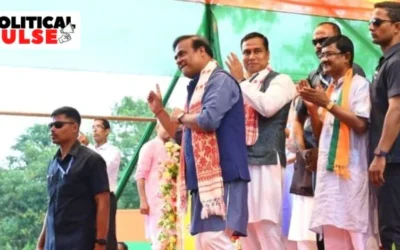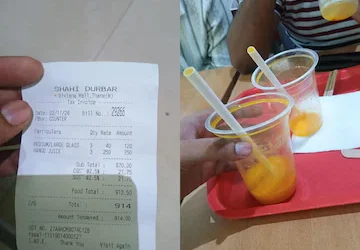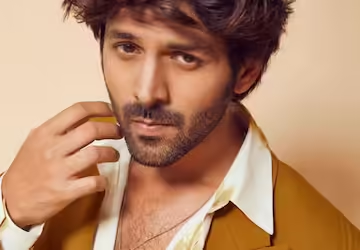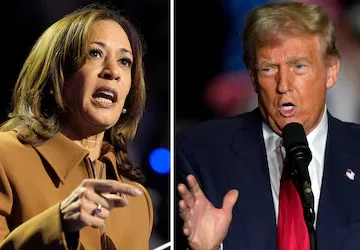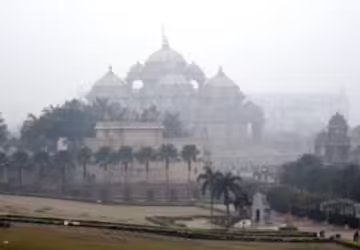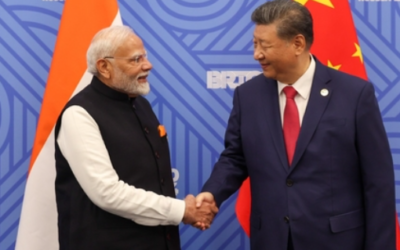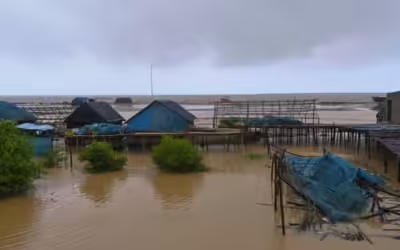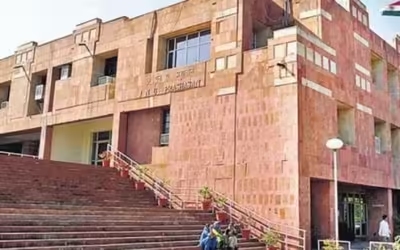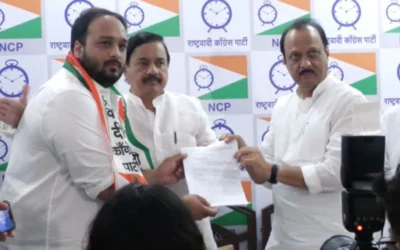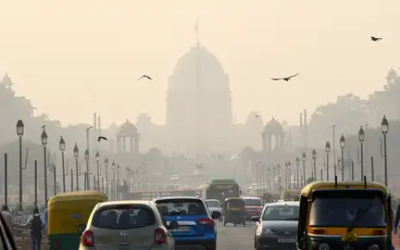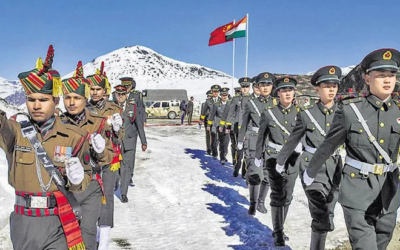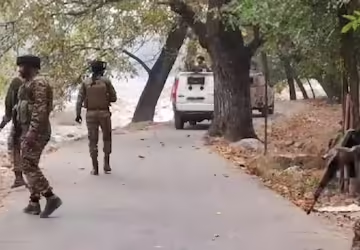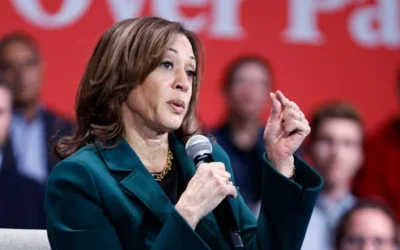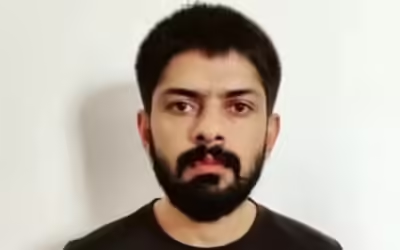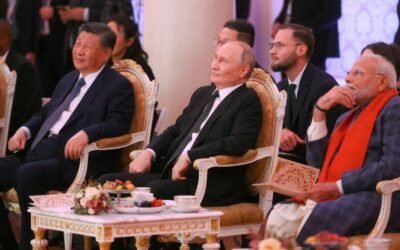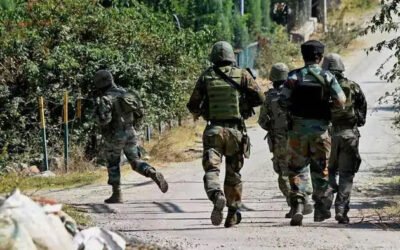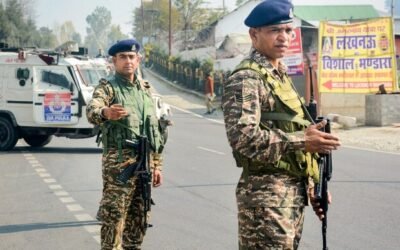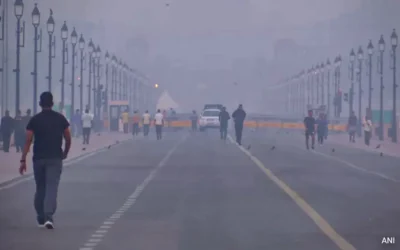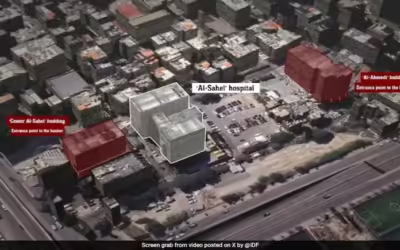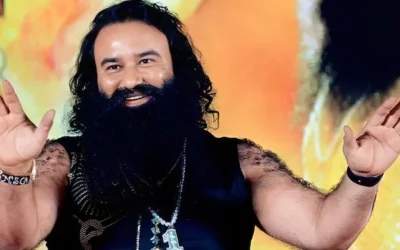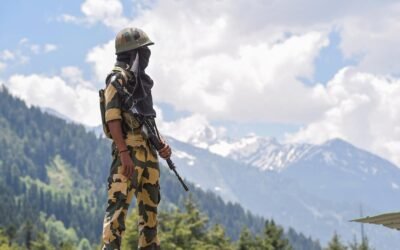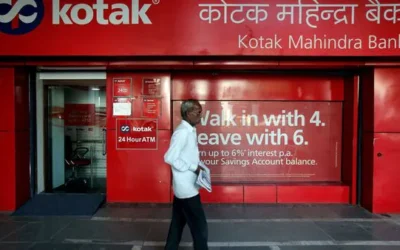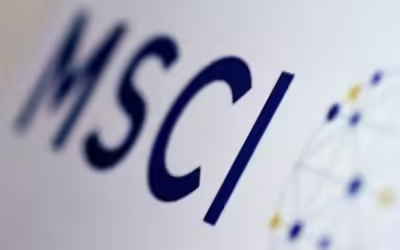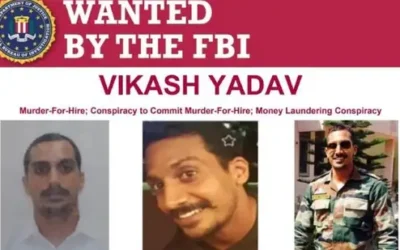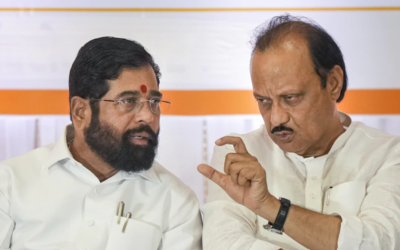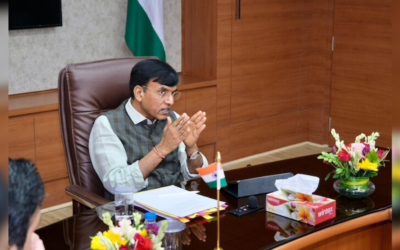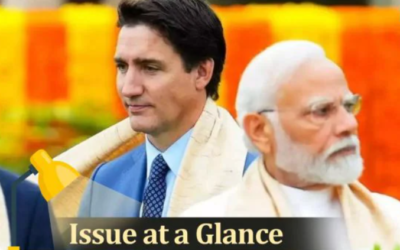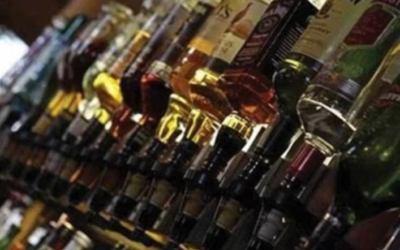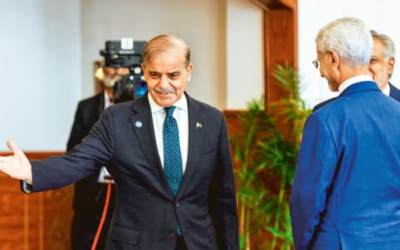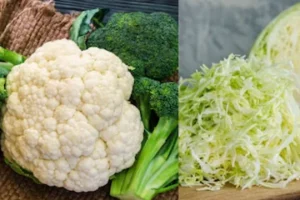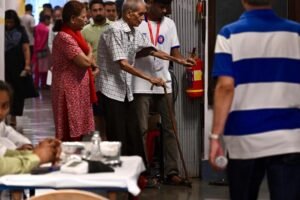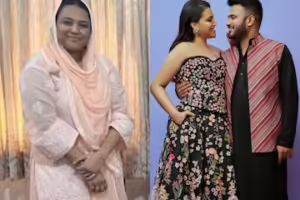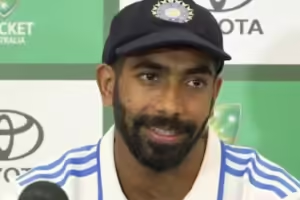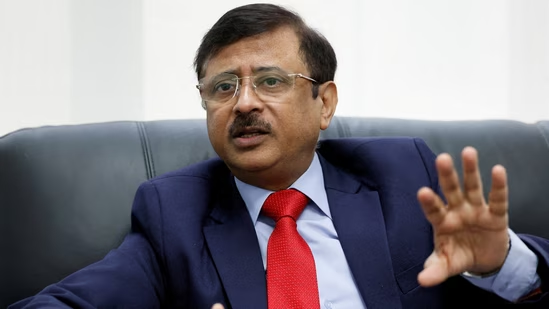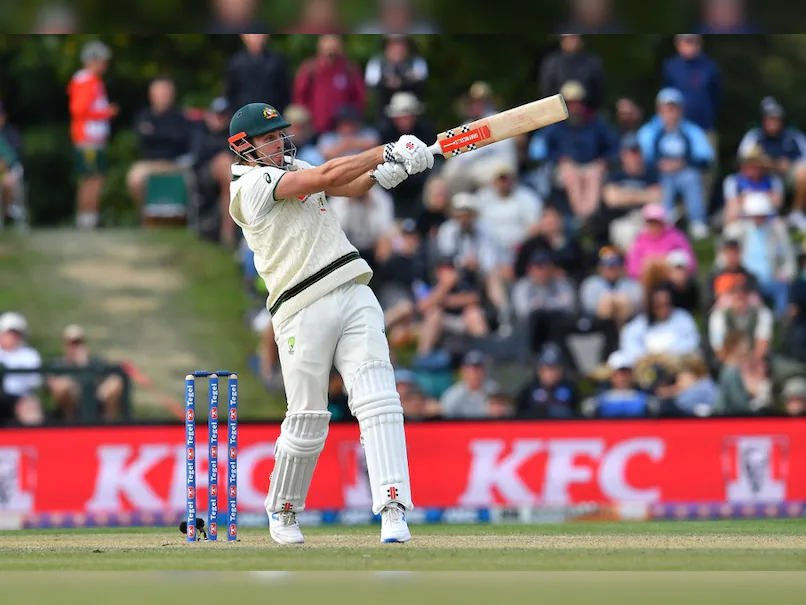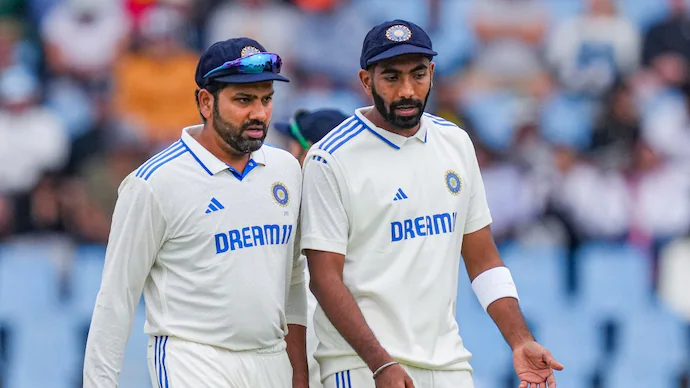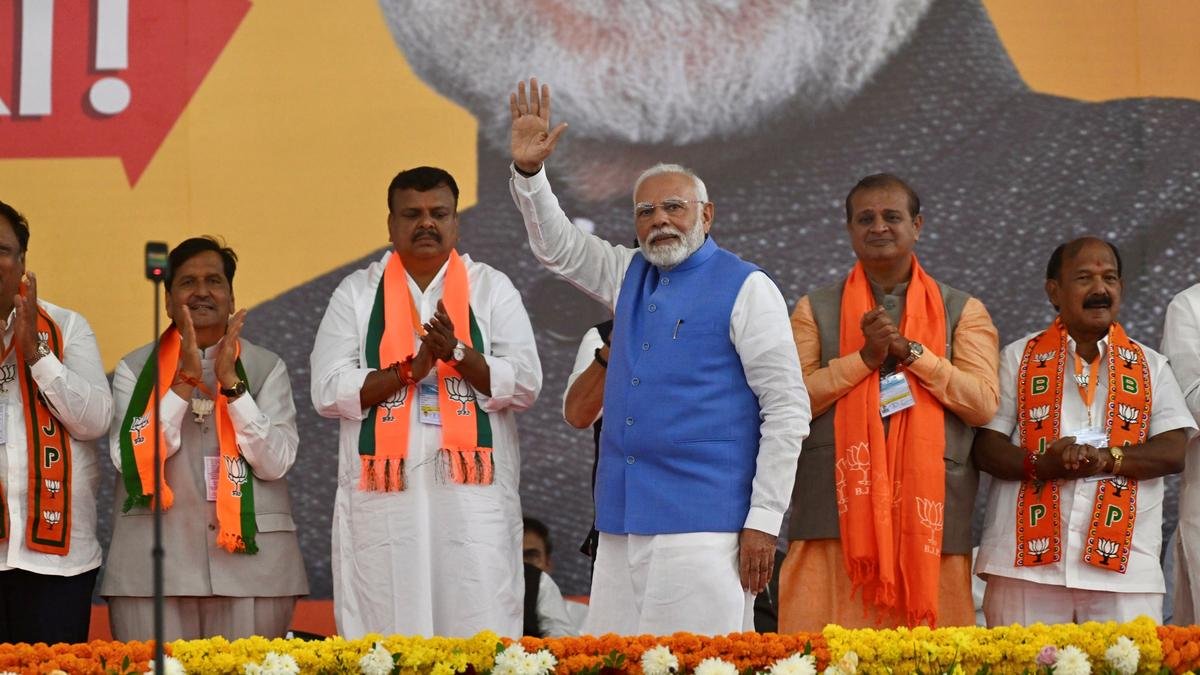The Indian ambassador described Canada’s accusations in the investigation of Hardeep Singh Nijjar’s murder as being motivated by political reasons.
Sanjay Verma, India’s high commissioner to Canada, refuted any connection to the assassination of Khalistani separatist Hardeep Singh Nijjar. He also accused Prime Minister Justin Trudeau of damaging political relations between the two nations. Following Canada’s identification of Verma and other diplomats as “persons of interest” in the investigation concerning Nijjar’s demise, India promptly withdrew them from their duties.
During an appearance on CTV’s Question Period, the Indian ambassador expressed that the accusations made by Trudeau and the Royal Canadian Mounted Police (RCMP) are driven by political motives.
Verma denied any involvement in the shooting of Hardeep Singh Nijjar, stating that no evidence was provided and attributing the accusations to political motivations.
According to him, Trudeau depended more on intelligence rather than concrete evidence.
Verma mentioned in a recent interview that if someone intends to ruin a relationship using knowledge as a weapon, they are welcome to do so, which is exactly what he did.
The sharing of evidence should have taken precedence, yet Trudeau chose to address a matter in Parliament for which he previously acknowledged the absence of concrete proof. Subsequently, he has actively contributed to the deterioration of bilateral relations with India ever since that day, causing a downward spiral.
India-Canada diplomatic row
Last week, Trudeau and the RCMP made public accusations suggesting that Indian diplomats were collaborating to track Sikh separatists in Canada and sharing this information with their government. Allegedly, top Indian officials were subsequently forwarding this intelligence to criminal organizations such as the Lawrence Bishnoi gang. These groups were reportedly carrying out violent acts against the Canadian citizen activists, including drive-by shootings, extortions, and even homicides.
The Indian government has dismissed the accusations as “unfounded” and “ridiculous”. According to a release from the Ministry of External Affairs, the claims were deemed as an attempt by Trudeau to garner backing for the forthcoming Canadian elections.
Canada has faced continuous rebuke from India for its perceived leniency towards backers of the Khalistan movement, a group outlawed in India yet backed by the Sikh community abroad, notably in Canada.
Verma refuted any allegations suggesting that the Indian government was singling out Sikh separatists in Canada. “In my role as India’s high commissioner, I have never engaged in such actions,” he clarified.
The Indian ambassador, during the interview, also expressed strong disapproval of Nijjar’s passing.
He stated that all forms of murder are morally reprehensible and condemnable.
In the past year, tensions have escalated between India and Canada following Trudeau’s claim that he has proof connecting Indian operatives to Nijjar’s murder within Canada. India refutes these accusations as groundless and asserts that Canada has not provided any evidence to support their claims.
